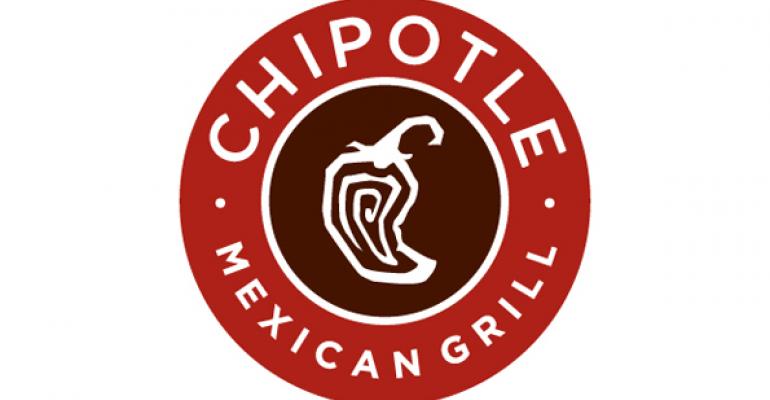 This post is part of the On the Margin blog.
This post is part of the On the Margin blog.
Consumer views of quality and value at Chipotle Mexican Grill Inc. remain low nearly two years after a series of food safety incidents hammered sales, according to a survey by Cowen & Co.
Surveys of Chipotle customers found that perception of quality and value “plummeted” following an E. coli incident, “and remain near trough levels” in July and August of this year, according to a note on Friday.
“We believe weak perceptions help explain [Chipotle's] slow sales recovery” Cowen analyst Andrew Charles wrote.
Charles downgraded Chipotle’s stock to Underperform and lowered his price target for Chipotle shares to $250, meaning he believed it could fall another 17-plus percent before investors should start buying again.
Chipotle stock was down 4 percent in Friday morning trading on the report. The company’s shares have fallen nearly 40 percent since nearing $500 a share in May.
In his note, Charles questioned whether queso would be a savior. In fact, he lowered his expectations for same-store sales from 3 percent in the second half to 0.75 percent.
A short-term increase in same-store sales following the product’s introduction later this month “is likely,” he said, but the chain needs “a more holistic brand halo,” given quality perceptions.
There is a risk that queso won't drive traffic from new or lapsed customers, Charles said, which Chipotle needs to recover same-store sales. The chain’s past initiatives have appealed more to core users, and menu additions have typically done little to drive same-store sales.
Another issue Charles cited was menu price increases. Chipotle is steadily increasing prices at more of its 2,339 restaurants around the country by 5 percent.
Chipotle executives have said early tests on price increases at 500 locations in “low-risk markets” did not hurt sales, and the company planned to gradually roll out price increases in other markets.
But such price increases “seem imprudent in a fragile industry backdrop,” Charles wrote. In other words: A chain with declining quality perceptions might want to hold off on raising prices at a time when consumers are trading down to traditional fast food.
And few chains have experienced as severe and prolonged a shift in consumer perception as Chipotle.
The company had established itself as an elevated fast-food concept, promising quality ingredients, preparation and sourcing in a limited-service environment. That helped Chipotle’s sales surge, with unit volumes of $2.4 million and store margins above 25 percent, making it top-of-its-class in the burgeoning fast-casual space. The company's stock once traded at $750 a share.
E. coli, salmonella and norovirus outbreaks at some of the chain’s restaurants in 2015 changed that perception. Same-store sales followed suit. Unit volumes fell 23 percent in 2016. And although same-store sales recovered in the first quarter, growing 17.8 percent in the first three months of the year, improvement has slowed, and some worry it could turn negative — especially after a July norovirus outbreak at a restaurant in Virginia.
Chipotle now faces a situation in which consumers are shifting toward lower-cost chains, while an entire generation of high-growth fast-casual concepts — many of which were inspired by Chipotle — are gunning for the “high quality” fast-casual consumer.
Despite these issues, Chipotle remains one of the highest volume, highest margin fast-casual chains in the industry. Its $1.8 million unit volumes last year were still much higher than its biggest competitors.
But until the company can get consumers’ perceptions back up, the “Chipotle model” of 2014 will be an unattainable goal.
Jonathan Maze, Nation’s Restaurant News senior financial editor, does not directly own stock or interest in a restaurant company.
Contact Jonathan Maze at [email protected]
Follow him on Twitter: @jonathanmaze





